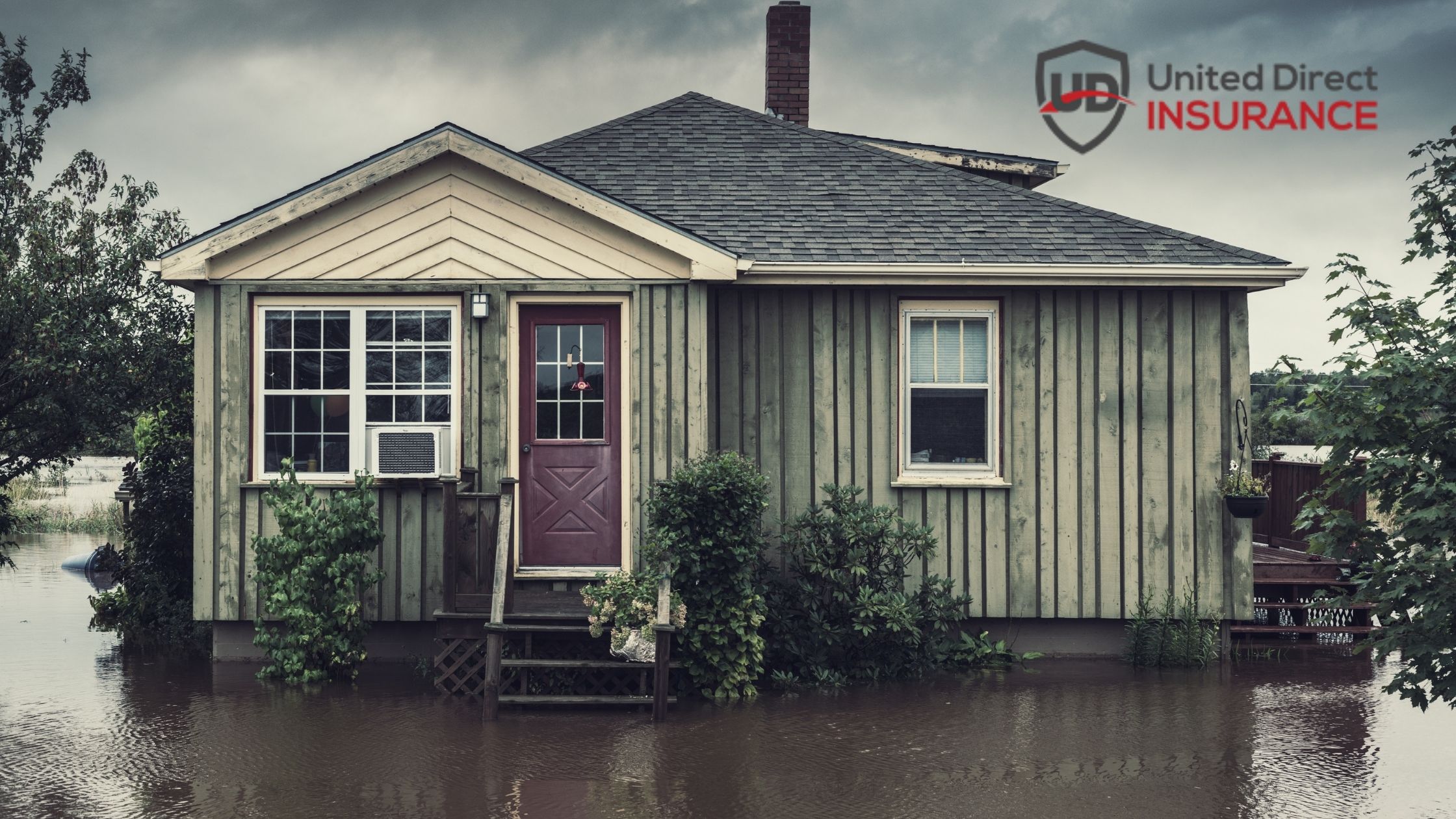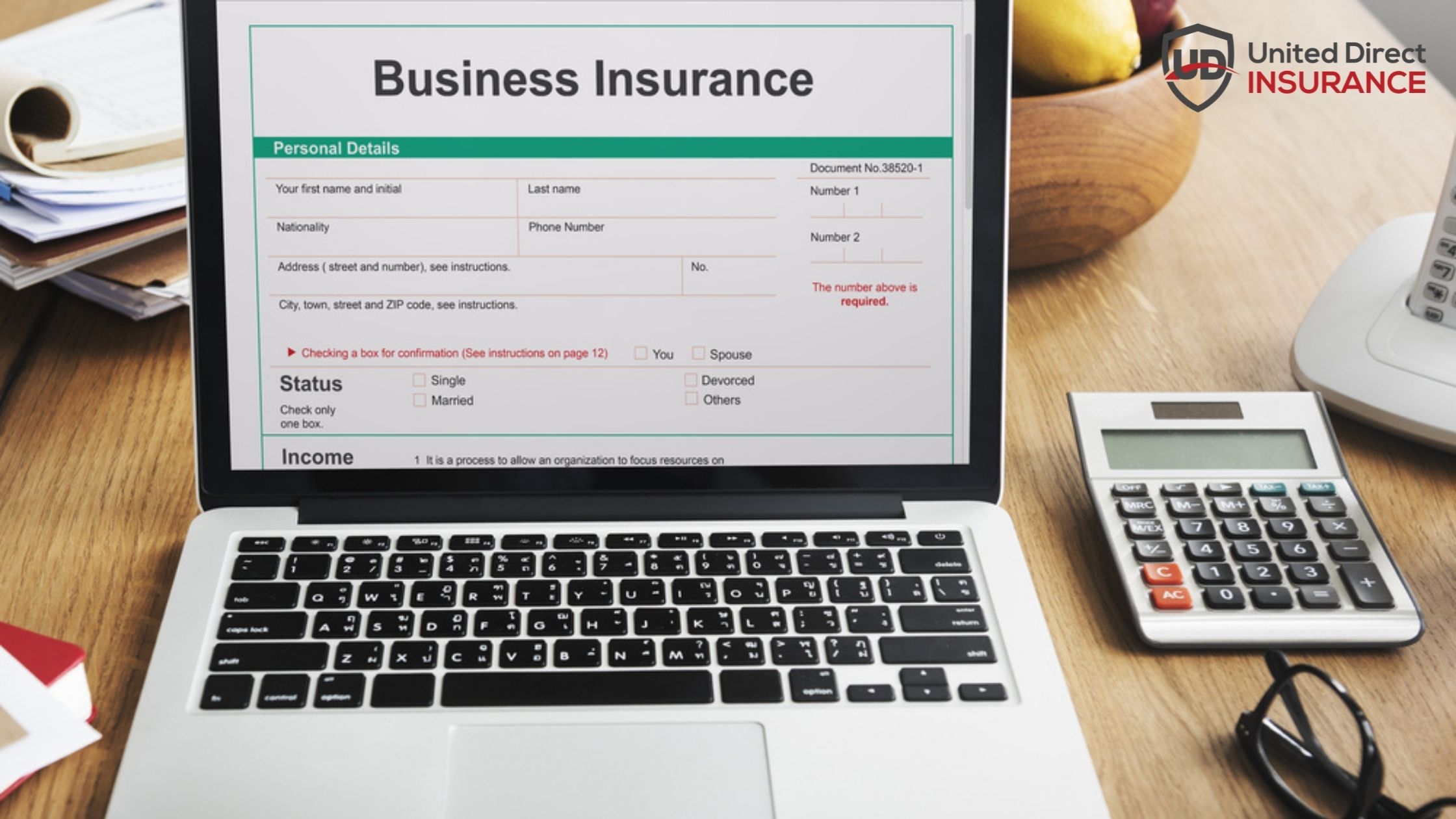The cost of small business insurance varies depending on company size, risks, location, and other factors. Therefore, each business needs to customize its own policy based on how it operates. Generally, the most dangerous industries pay the highest insurance rates while the least dangerous pay the lowest. Here's an overview of what you need to know about small business insurance.
Small Business Policy Types
The most common type of small business plan is a commercial general liability policy, which on average costs about $65 per month. However, the larger the company, the more coverage is usually necessary to pay for lawsuits.
Another common insurance option for small businesses is a business owner's policy (BOP), which combines general liability with commercial liability. This bundled combination can cut costs on both types of coverage, running just under $100 per month. For just a little more, you can get an umbrella policy designed to provide specialized coverage unavailable in standard plans.
Businesses with employees also need workers' compensation to cover when workers get sick or injured on the job. It also pays for downtime when the employee is unable to work. The average cost of this package is a little more than $100 per month.
Other Insurance Considerations
The ultimate cost of small business insurance is up to the owner after state requirements have been met. Most states only have a few insurance requirements for businesses, such as commercial auto insurance if the company owns vehicles and workers' comp if it has more than one employee.
Most small businesses earn less than $100,000 per year and employ not more than one person. Only about 22 percent of businesses fall into the category of higher income and larger staff size. The larger companies are the ones that must assess various types of risks to get add-on coverage for items not covered in standard plans.
A business that rents automobiles to other businesses have much higher risks than a one-person company only selling online services. Companies can lower insurance rates, though, by reducing risks.
How to Lower Business Insurance Costs
Installing surveillance cameras and alarm systems helps cut down on crime. Bright LED lights at night help as well. Let your insurer know what you've done to lower risks in your industry. Ask your insurer about special discounts that might apply to your business.
Another step to lower insurance costs is to assess your business and determine what changes could lower rates. For example, relocating to a zip code with a lower crime rate can cut insurance costs significantly. Keeping claims to a minimum can also help lower rates. You can further lower monthly insurance costs by raising your deductible, which is the amount you pay first before a claim covers the balance.
In many ways, the cost of small business insurance is up to you based on how you run your company. Contact us at United Direct Insurance Services for more information on how to maximize business insurance at an affordable cost.








